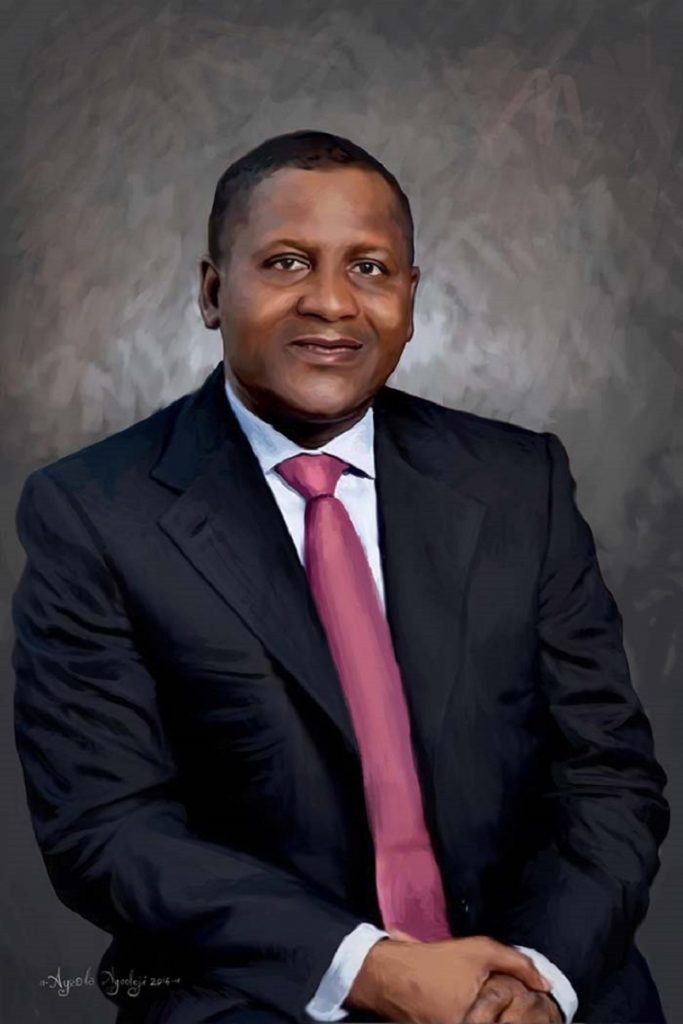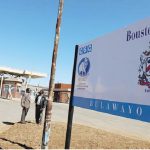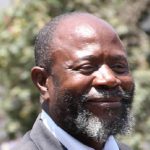#1 Rwanda
Government expenditure: US$476.8 million
Rwanda, a landlocked country in East Africa, is currently governed by Paul Kagame, a prominent politician, and former military officer. Despite its significant economic growth in recent years, Rwanda remains one of the African countries whose annual government expenditures are dwarfed by Aliko Dangote’s US$640.6 million dividend.
According to data from September 2022, Rwanda’s GDP was US$11.07 billion, and its annual government spending was RWF520 billion (US$476.8 million). This amount is notably lower than the sum that Dangote is set to receive from his investment in his cement company.
#2 Mauritius
Government expenditure: US$464.2 million
Mauritius, a stunning island nation known for its picturesque beaches and luxurious vacation spots, boasts the highest private wealth per capita of any African country. According to the 2022 Africa Wealth Report, released by Henley & Partners in collaboration with New World Wealth, the average wealth per person in Mauritius is US$34,500. This figure surpasses the average wealth per person in other African countries, such as South Africa (US$10,970) and Namibia (US$9,320).
However, despite its impressive private wealth, Mauritius lags behind in terms of government expenditures. As of September 2022, the government’s annual spending was MUR21.5 billion (US$464.2 million).
#3 Burkina Faso
Government expenditure: US$317.1 million
Burkina Faso, a country in West Africa with a GDP of US$19.74 billion, is among the African nations with notably low levels of public spending. According to data from 2021, the country’s annual government expenditure was estimated at XOF326 billion (US$317.1 million).
This level of public spending highlights the challenges facing Burkina Faso as it seeks to achieve sustainable economic growth and development. With limited financial resources available to the government, it can be difficult to invest in critical areas such as healthcare, education, and infrastructure.
Continued next page
(172 VIEWS)


